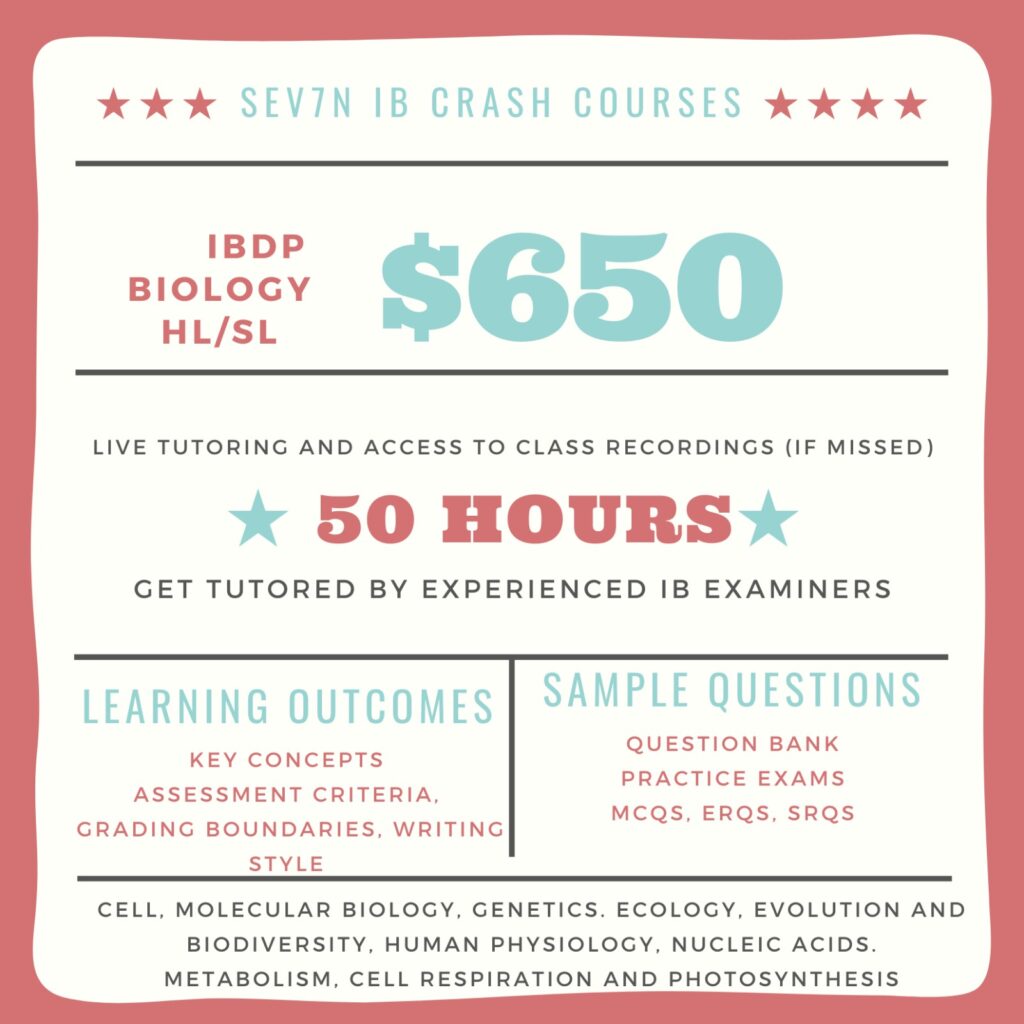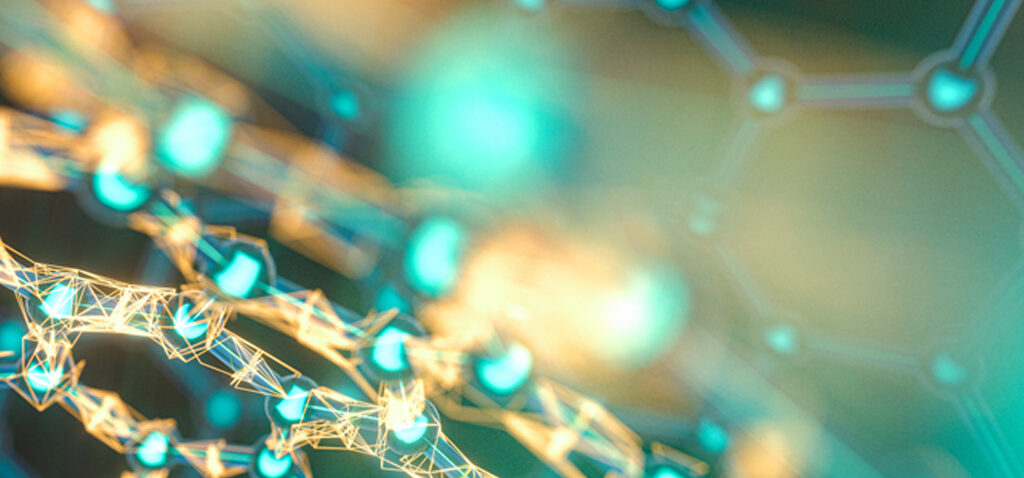
IB Biology for the IB Diploma Programme is a very demanding subject for the International Baccalaureate students. Students who are keen to take up IB Biology have a natural curiosity of the mind about all the forms of life in their surroundings. Biology as the study of life and living cellular organisms, owes its origin to the two Greek words- ‘bios’ meaning life and ‘logos’ meaning study.
The IB Biology course begins with the study of the cell, a life form in its simplest state and proceeds to understanding the complex processes that keep the cell working. IB Biology explains the diversity of life in smallest or micro form and largest or macro form. The very next step is the understanding of the characteristics and the inheritance of these in the human body. Progressively from understanding cell to inheritance, IBDP Biology moves to the study of the organisms as part of the ecosystems and how the complex interactions keep these ecosystems in a dynamic state. As the IB students go through the IBDP Biology syllabus, they get to inculcate their critical thinking in exploring and reflecting on the origin and validity of the source of knowledge. The IB students also get to explore the scientific methods and tools used to construct knowledge in IB Biology. Biology is a science that is still in a juvenile state and many more discoveries are to made and studied in depth. The coming decades are set on the threshold of new and exciting knowledge. The study of IB Biology makes you ethically and socially responsible in combating with the growing pressure of population and environmental hazards.
Before we proceed to the aims, approaches to teaching, approaches to learning, and assessment criteria, it is of utmost importance to understand the nature of IBDP Biology. IB Biology is categorized under Sciences in the IB Diploma Programme. It is overwhelming to realise how Charles Darwin’s Theory of Natural Selection and reproduction of life due to differential phenotypes is a catch-all concept to explain the existence of life on earth.
The word “biology” was coined by German naturalist Gottfried Reinhold in 1802. However, the comprehension of life became deeper for us with the advent of technology. To grab the concept of cell deeper, we get to understand the synergy existing in the ecosystem of predator and prey.
The deeper you understand the nature, learning assessments and objectives of IBDP Biology; the closer you are to scoring the perfect 7 in the subject.
IB Biology HL vs SL
IB Biology HL and IB Biology SL are the two levels to be studied for IBDP Biology. While HL requires a minimum of 240 instruction hours and SL a minimum of 150 instruction hours, both deal with IBDP Biology topics 1-6. HL consists of additional topics 7-11. Students explore one of the four options (A through D) at either HL or SL.
Does IBDP Biology have Math?
IB math helps in understanding IBDP biology’s experimental design of mapping complex biological systems. Through the lens of IB math, biologists get to understand the cellular respiration, drug metabolism, and many such biochemical chain reactions.
How to get a 7 in IBDP Biology?

To get a 7 in IBDP Biology is difficult, but not impossible. IBDP Biology is the third most demanding subjects based on the statistic of 2020 shared by the IBO (www.ibo.org).
Facts and figures of IB statistical bulletin suggests that in the year 2020, 25.6 % of students scored a 5 on a scale of 1-7. There is a sharp fall of 4.8% IB Diploma Programme students taking IBDP Biology from point 5 to 6. The sharp fall in the IB score by 11.1% from a score of 6 to 7. In order to sharpen your scores to 7you need a strong handholding and support of expert IB tutors. In fact, through IB online tutoring you are exposed to a personalised learning mode.
Assessment in IB Biology
Assessment in IB biology focus on:
- Demonstrating knowledge and understanding of facts, concepts, terminology, methodologies, and techniques
- Applying the facts, concepts, terminologies, methodologies and techniques
- Formulation of research hypothesis, methods and techniques of collecting information
- Analysis and evaluation of scientific design and explanations
- Demonstration of research design and ethical investigations
IB Biology syllabus
IB biology syllabus HL and SL focuses on core comprising of Cell biology, Molecular biology, Genetics, Ecology, Evolution and biodiversity, Human physiology. The IB biology core is taught for 95 hours., each for IB biology HL and SL. The additional HL consists of additional topics on Nucleic acids, Metabolism, cell respiration and photosynthesis, Plant biology, Genetics and evolution, Animal physiology is taught for 60 hours.
IB biology SL has option topics on Neurobiology and behaviour, Biotechnology and bioinformatics, Ecology and conservation, Human physiology taught for 15 hours and HL for 25 hours.
Practical scheme of work for IB Biology SL comprises of Practical activities, Individual investigation (internal assessment–IA), and Group 4 project conducted for 40 hours; while for HL it is for 60 hours.
IB Biology IA examples
The IB biology IA component is a challenging and an engaging part of the IB Biology course. You should always target to grab a perfect score for your IA, for it is very much within your control. Yes, what you surely require is a guided support for understanding every IA assessment criterion. The requirements of the IBDP biology IA are the same for SL and HL Biology. Students engage with a topic of their choice and allows for an in-depth exploration and laboratory work. Both for IB Biology HL and SL, IA is conducted for 10 hours.

